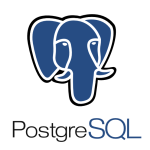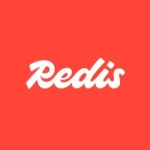The company is using Microsoft Azure Cosmos DB for business intelligence information, specifically for demand management.
What I like about Microsoft Azure Cosmos DB is that it's easy to do data ingestion and use the data in different applications. If you talk about business intelligence such as the Power BI tool, it's easy to connect because both are Microsoft products. With Microsoft Azure Cosmos DB, it's easy to connect and do data ingestion.
At the moment, because I'm still new in terms of using Microsoft Azure Cosmos DB, I don't have any feedback regarding areas for improvement in the product. So far, it has met all the expectations and needs of my company.
It would be nice to have more options to ingest the data, for example, more file options or more search options. Currently, you can use JSON, but if there were other file types you can use for data ingestion, that would be nice. This is the additional feature I'd like to see in the next release of Microsoft Azure Cosmos DB.
I've been using Microsoft Azure Cosmos DB for the past six months.
Microsoft Azure Cosmos DB is a stable product.
Microsoft Azure Cosmos DB is a scalable product.
We have a partnership with Microsoft, so the response time of the technical support team for Microsoft Azure Cosmos DB is really good at the moment.
Microsoft Azure Cosmos DB was easy to set up.
I've been using Microsoft Azure Cosmos DB, a cloud DB solution. It's deployed in a cloud environment, on a public cloud with security for ourselves.
My company is a partner of Microsoft and also a reseller.
My advice to people looking into implementing Microsoft Azure Cosmos DB is that it would be good for them to use, specifically if they are looking for a NoSQL database to ingest the data and do data discovery using the data in a BI tool. It's easy to ingest the data and work with the data in Microsoft Azure Cosmos DB and understand that, because it is not a SQL database, which means it's not as structured. You can add data, and then do a data discovery, and use it the best way for you. I would recommend Microsoft Azure Cosmos DB.
My rating for Microsoft Azure Cosmos DB is eight out of ten.























